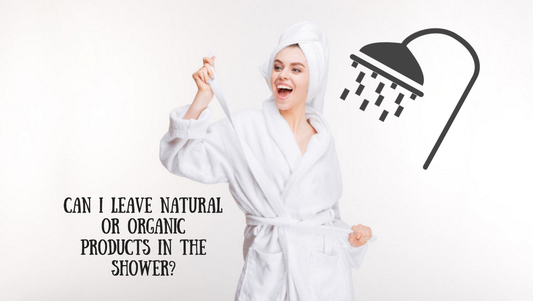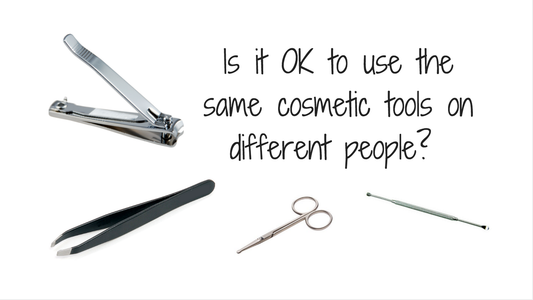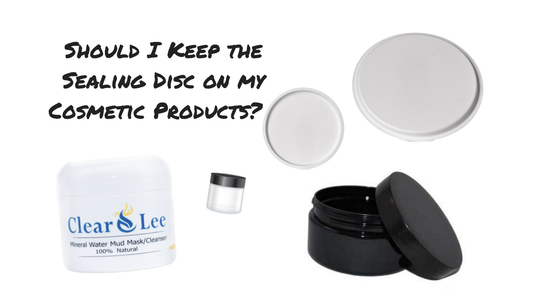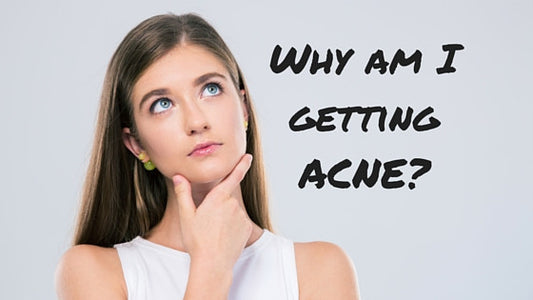Skin. Made. Easy.

Can I leave natural or organic products in the ...
If you recently moved to natural/organic shower products, whether it be shampoo, conditioner, cleanser, or moisturizer, you might be wondering if it's okay to leave the products in the shower...
Can I leave natural or organic products in the ...
If you recently moved to natural/organic shower products, whether it be shampoo, conditioner, cleanser, or moisturizer, you might be wondering if it's okay to leave the products in the shower...

Is it OK to use the same cosmetic tools on diff...
Let’s say you’re on vacation with your friends or live with many people in one household. It might not make sense to have a separate tweezer, nail clipper, or even...
Is it OK to use the same cosmetic tools on diff...
Let’s say you’re on vacation with your friends or live with many people in one household. It might not make sense to have a separate tweezer, nail clipper, or even...

Should I Keep the Sealing Disc on my Cosmetic P...
If you’ve ever bought products that come in a jar or circular container, like our Mineral Water Mud Mask/Cleanser, you might have noticed a sealing disc (usually white) on top of...
Should I Keep the Sealing Disc on my Cosmetic P...
If you’ve ever bought products that come in a jar or circular container, like our Mineral Water Mud Mask/Cleanser, you might have noticed a sealing disc (usually white) on top of...

Why am I getting ACNE? -5 min read-
“How do I get rid of my acne?” “What can I do to cover up acne?” “What is the best acne treatment out there?” These are just a few of...
Why am I getting ACNE? -5 min read-
“How do I get rid of my acne?” “What can I do to cover up acne?” “What is the best acne treatment out there?” These are just a few of...
